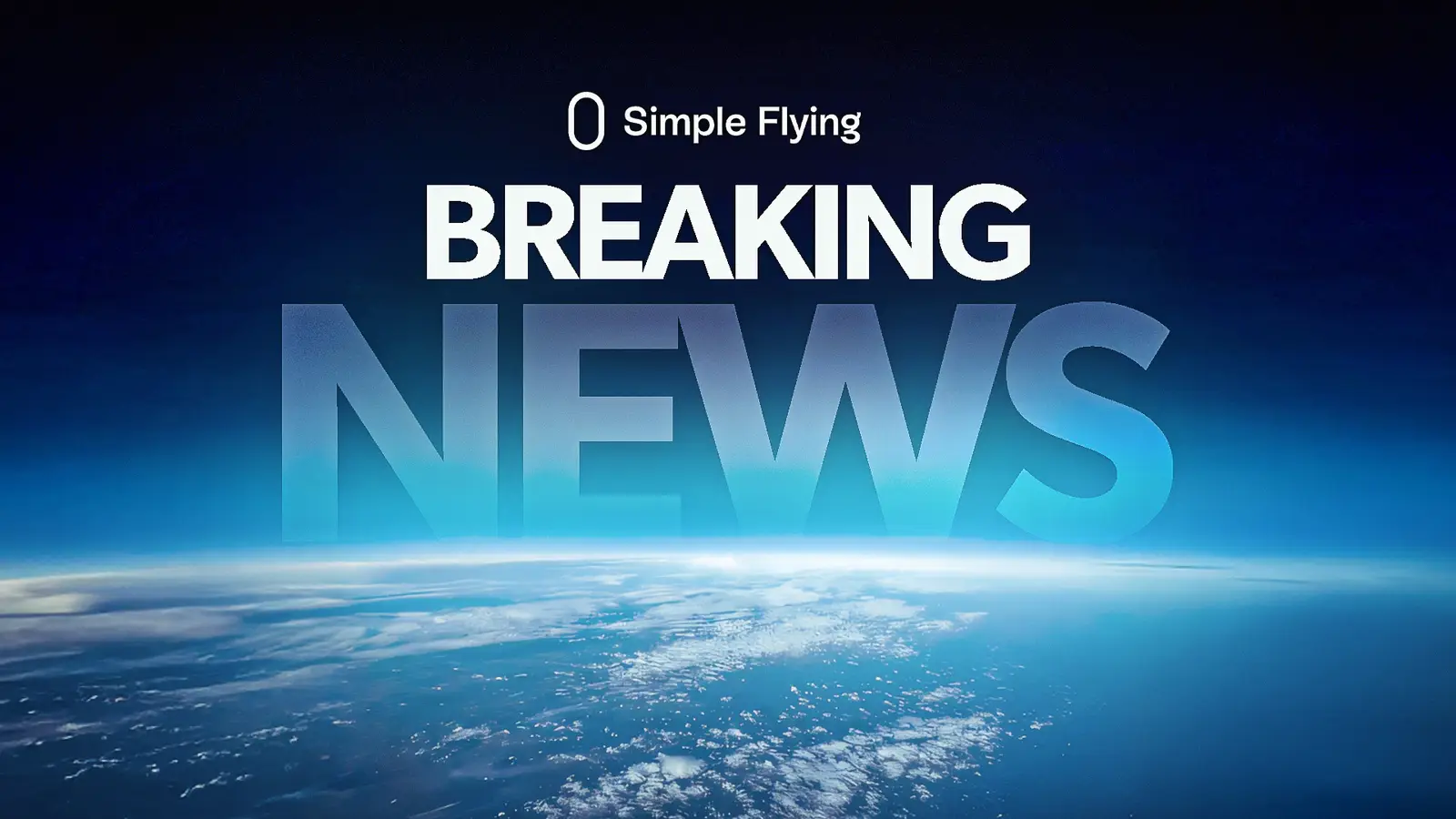Copyright Simple Flying

The House of Representatives voted to pass a funding package to officially end the government shutdown late Wednesday. The historic measure, sent to President Trump for final approval, paves the way for airlines to resume normal operations and essential airport workers to receive long-awaited paychecks. Senate Democrats and Republicans first agreed on the months-long bill on Sunday before it moved to the House. The record shutdown, which has become the longest impasse in US history, led to a nationwide reduction of air traffic on the heels of the busiest travel period of the year. Flight Disruptions Are Likely To Continue The House voted on the package around 20:00 EST, and the President signed the legislation shortly thereafter. Although the government was closed for more than 40 days, air travel has been particularly affected this week, with the Federal Aviation Administration (FAA) issuing a directive to airlines to cut flights by as much as 6%. The move has been imposed due to a longstanding shortage of air traffic control (ATC) personnel, which was subsequently exacerbated by the shutdown. Over 1,000 flights have already been canceled, and hundreds more have been delayed. Despite the government reopening, experts say flight disruptions are likely to persist throughout this week. Prior to the vote, the Department of Transportation confirmed that the planned mandated cuts to 8% and 10% later this week would no longer occur due to "strong staffing metrics," according to CNN. Some air traffic controllers have returned to work as absences have declined this week. Only 1% of delays were reportedly attributed to absences on Tuesday. Before the shutdown, delays related to ATC shortages averaged 5%, according to Reuters. Simultaneously, cancellations have appeared to decrease. Nearly 900 flights were canceled on Wednesday, which was the fewest in the last six days. In a statement obtained by CNN, Transportation Secretary Sean Duffy commented on the pause. “The FAA safety team is encouraged to see our air traffic control staffing surge, and they feel comfortable with pausing the reduction schedule to give us time to review the airspace. If the FAA safety team determines the trend lines are moving in the right direction, we’ll put forward a path to resume normal operations.” When Will Controllers Get Paid? As essential workers, air traffic controllers are required to work despite not being paid during a federal funding lapse. Earlier this week, the President blasted controllers who had been absent from their jobs, citing the notion that they would eventually receive back pay. “For those that did nothing but complain, and took time off, even though everyone knew they would be paid, IN FULL, shortly into the future, I am NOT HAPPY WITH YOU,” he said in a social media post. According to NBC News, Trump also threatened to dock the pay of those who have been absent, and conversely, provide $10,000 bonuses for those who continued to work during the shutdown. In an interview with FOX News, he explained that he wanted "to reward the people that showed up without a lot of nonsense, without a lot of talk.” While Trump added that “they did their job and in many cases, they worked longer hours to get us through this period,” he is unsure where he will find the money to pay out the bonuses. “I don’t know. I’ll get it from some place,” he said.



